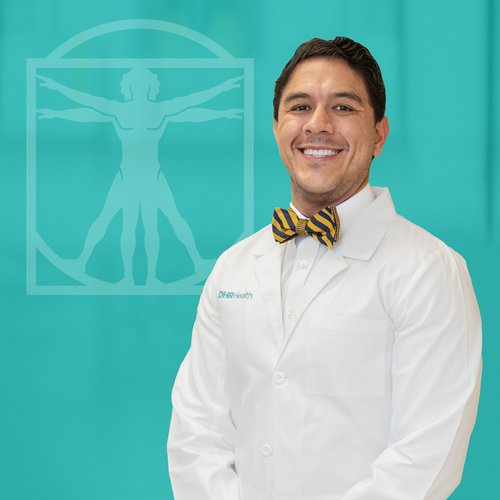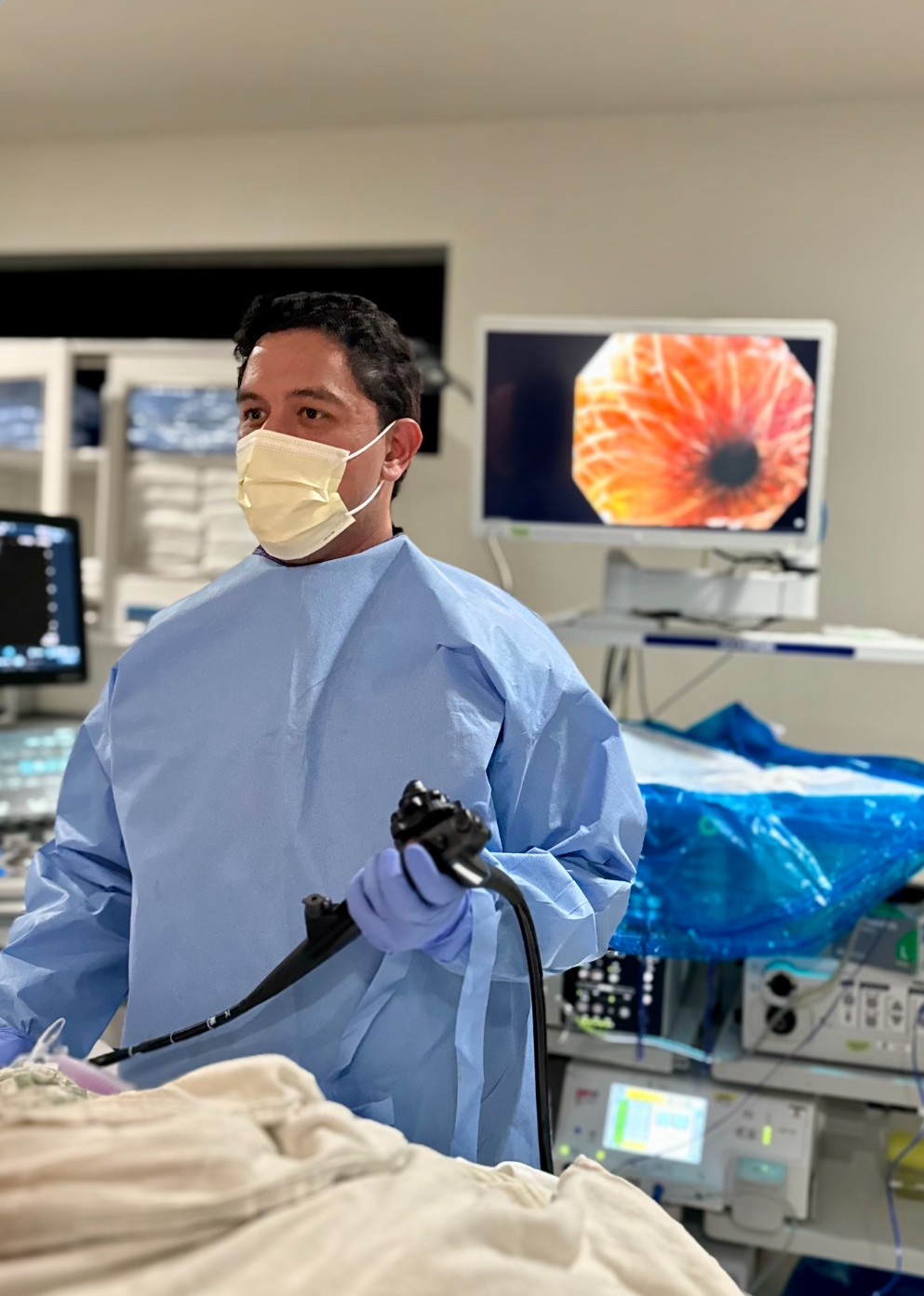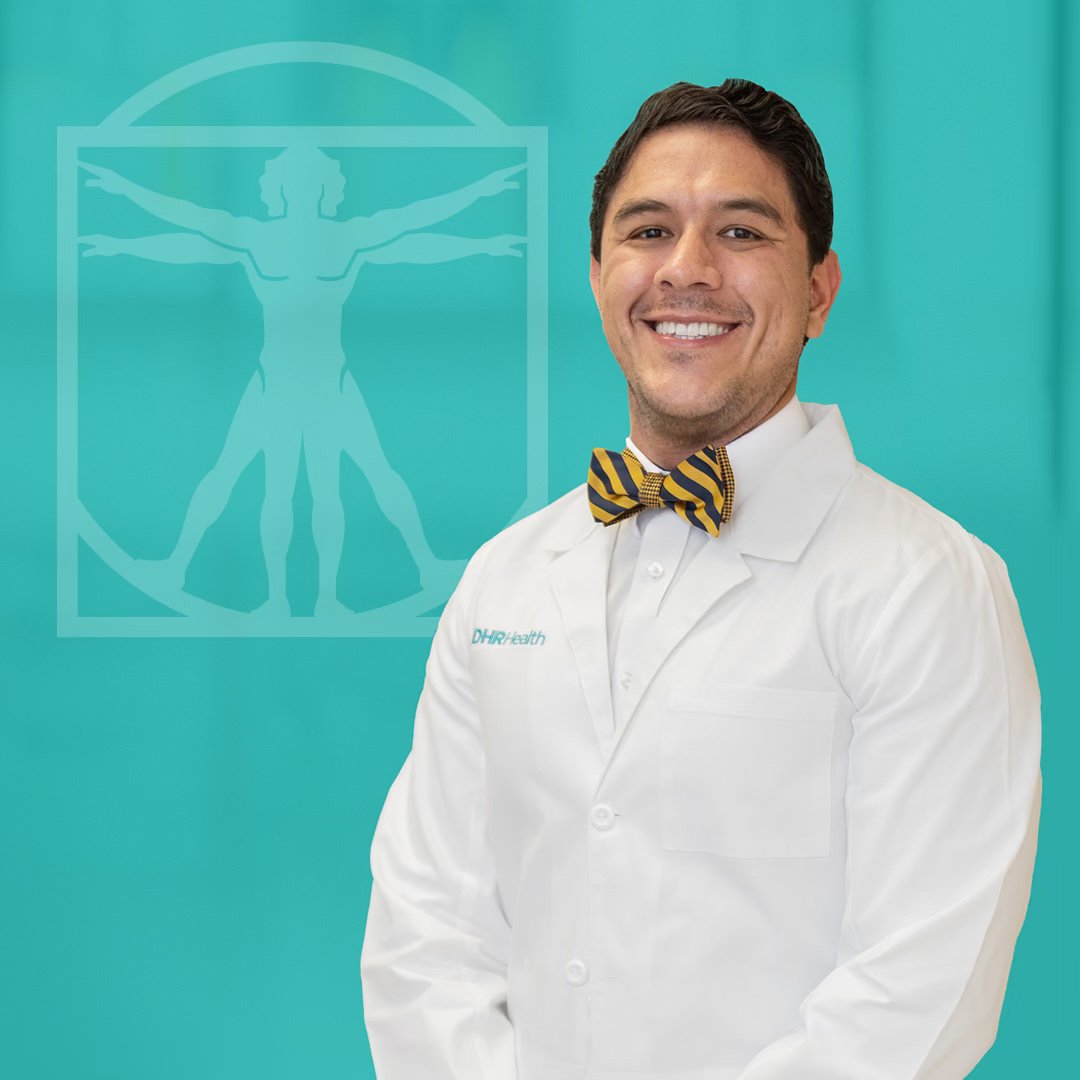Gastroenterology & Advanced Endoscopy
DHR Health Gastroenterology & Advanced Endoscopy is dedicated to providing the highest quality of care to patients in the Rio Grande Valley who have digestive health problems or concerns. With over 100 years of combined experience, our board-certified physicians specialize in the diagnosis and treatment of medical conditions of the esophagus, stomach, intestines, rectum, liver, gallbladder, and pancreas. If you require a procedure, rest assured you are receiving care in the best setting – DHR Health has been certified for its quality and safety by the American Society for Gastrointestinal Endoscopy since 2009. From common to complex diseases, we provide comprehensive evaluation, education, and care for everyone.




























